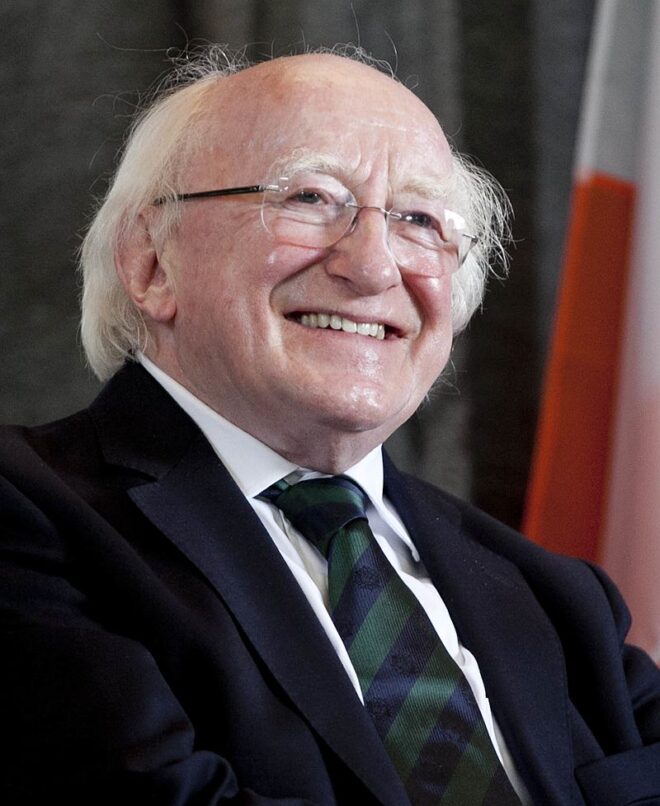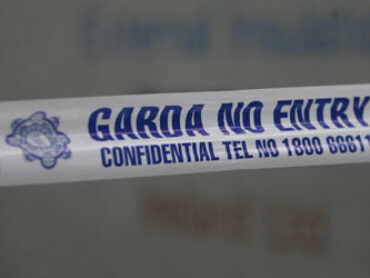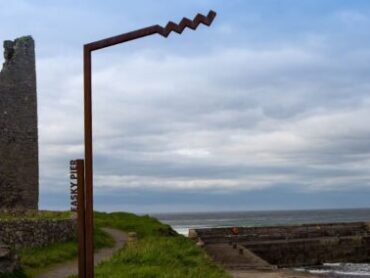
The President, Michael D. Higgins, is to visit Tubbercurry in south Sligo tomorrow to attend the centenary commemoration of the Connaught Rangers mutiny in India.
The ceremony will include the unveiling of an inscribed monument in Wolfe Tone Square, in the centre of Tubbercurry, in memory of four Sligo men who took part in the mutiny.
The Connaught Rangers was an infantry regiment of the British Army that mainly recruited in the west of Ireland.
Created in 1881, it was disbanded in 1922 with the establishment of the Irish Free State.
On June 28th 1920, a company of the Connaught Rangers stationed at Jullundur on the plains of the Punjab refused to perform military duties in protest against activities of British forces in Ireland, including the reprisals by the Black and Tans.
The mutineers were court martialed, with 14 sentenced to death by firing squad.
One soldier, Private James Daly, was executed on November 2nd 1920 in a prison in northern India.
The sentences of the 13 others was commuted to life in prison.
Cruelly treated, the men were later returned to prison in England and eventually released following an amnesty as part of the Anglo Irish Treaty.
They have been described as ‘Ireland’s forgotten heroes.’
The monument to be unveiled in the centre of Tubbercurry tomorrow will honour the four Sligo men involved: James Gorman from Tubbercurry; Patrick Dyer, Keash, Ballymote; and Martin Conlon and Jack Scanlon, both from Sligo town.
Mary Henry is a granddaughter of James Gorman.
She says that until recently, people did not talk about the mutiny:
She agreed that for the relatives of the men involved, such as herself, tomorrow’s ceremony will be a very emotional occasion.
She added that the story of the Connaught Rangers mutiny in India had been written out of history but is now,100 years later, known throughout the world.
She paid tribute to the people responsible for that.







